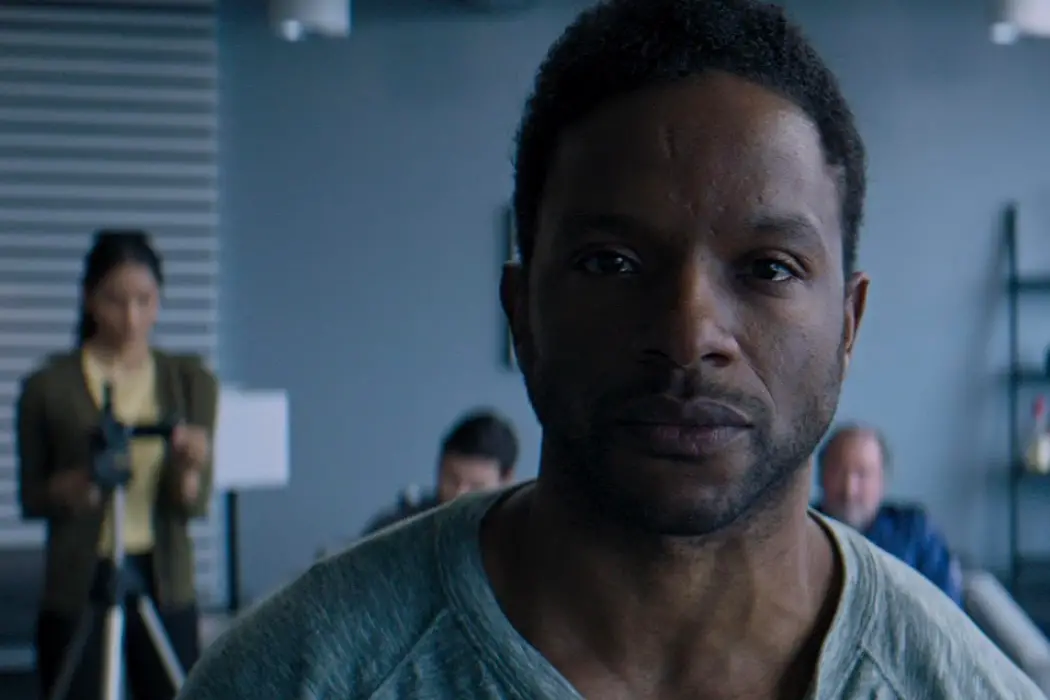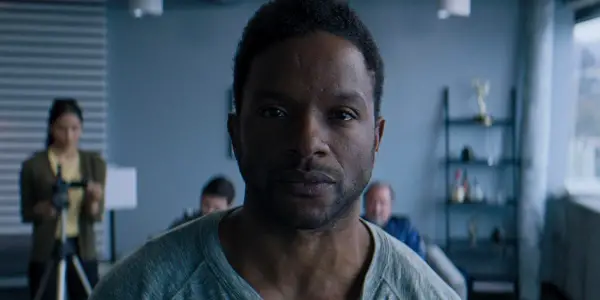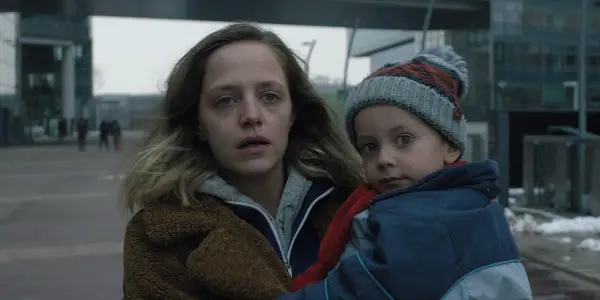JOSIAH and DAY RELEASE: A Time For Change

Stephanie Archer is 39 year old film fanatic living in…
From unconscious stereotyping and racism in Hollywood to a mother’s race against time, Josiah and Day Release are both captivating shorts that demand the attention of their audience. Both are quietly impactful in their messaging, yet pungent in the emotional impact on audiences.
Josiah (Kyle Lauren)

Now more than ever, we need cinema to be a platform for diversity. Not just casting and judging panels, but in their depictions as well. There are stories that have remained quiet for far too long, perspectives that have been shunned from the accepted norm. We need cinema to examine the issues at hand, understanding why they exist, why there is still a decorum expected of participants in given situations, and why the need for change has been long overdue.
Josiah, from writer and director Kyle Lauren, answers the challenge for more diverse stories, challenging not only the status quo but the mindset throughout Hollywood and a country of how things “should be” and how things “should sound.” Josiah follows a young man named Brandon as he is about to deliver his audition for an upcoming TV pilot. Set post-civil war, he is the front runner for the part, delivering an outstanding performance and garnering praise and admiration from both his manager and director.
Yet, as he and the director are discussing what the process would look like going forward, if the series is picked up, the young assistant quietly begins to question the verbiage used within the script. While her discomfort is clearly apparent, it is the reactions of those around her that speak the loudest.
Josiah is a relevant and vital short we need in our current political and societal atmosphere, delivering perspectives from all sides – while still honing in on the real issue. There is a parallel between the lines of the role he is auditioning for the current real-life situation Brandon now finds himself in. While he is allowed to “speak freely,” much like his character, there is a decorum of respect for the director preventing him from truly expressing his feelings towards the line of dialogue at hand.
There is a struggle of feeling and stance for each of the characters in the room. The director tries to remain calm, his ego and pride tested. While he cries that he is only maintaining the verbiage of the time, he refuses to consider a different option. While the director paces, unable to sit, Brandon remains quiet and respective, you can see the pain and the discomfort with the dialogue being questioned, as well as for the entire situation that is unfolding. It is not until a second taping of his audition that Brandon is able to showcase his true feelings, utilizing the character as his conduit of expression.
Josiah is a short film that pushes the conversation into the foreground, forcing audiences to feel the uncomfortable situation of Brandon and to witness the silence he is seemingly forced to maintain. While at the end of the day each exudes the perspective that it is all business, there is a deeply rooted anger and resentment to the issues at hand.
Day Release (Martin Winter)

Some of the most intense dramas are not those with complicated structures or deep conflicts amongst characters. Sometimes the most intense dramas are those in a race against time. With the clock ticking, movements and decisions could have permanent lasting effects. There is no going back, and there are no do-overs. Day Release, a short film from director Martin Winter, utilizes this narrative construct, following a young mother as she struggles to provide a better life for her son – all before having to check back into prison.
Released on a day pass from prison, with the strict understanding she is to be back at 6 pm, Kathi (Anna Suk) makes her way home to see her mother and son. Upon arrival, she discovers the deplorable state her son has been living in and her mother, who had been caring for him, in a severely deteriorating mental state. Further compounding, the money she had left them has completely depleted.
There is a sincere heartbreak that begins to develop as she removes her son from the locked room, bathing the filth away that had been sitting in. The moment is quiet, but you can see the wheels running in her head, knowing she can not leave her son again in these conditions, but having little time to figure out her next move. While she is able to give her son time on the playground and fast food to indulge, Kathi knows there is a future beyond these few moments between them.
While Day Release is a bit long, 35 minutes, it never drags, leaving empty space with nothing to fill it. Each action of Kathi, each attempt to figure out the problem at hand, is balanced delicately between a race against time and the careful considerations that must be given. The frustration and the fear quietly radiate from Kathi, never enough to worry her son, but enough where the audience can see the difficulties of not only motherhood but time.
Josiah and Day Release both premiered at Palm Springs International ShortFest.
Does content like this matter to you?
Become a Member and support film journalism. Unlock access to all of Film Inquiry`s great articles. Join a community of like-minded readers who are passionate about cinema - get access to our private members Network, give back to independent filmmakers, and more.













